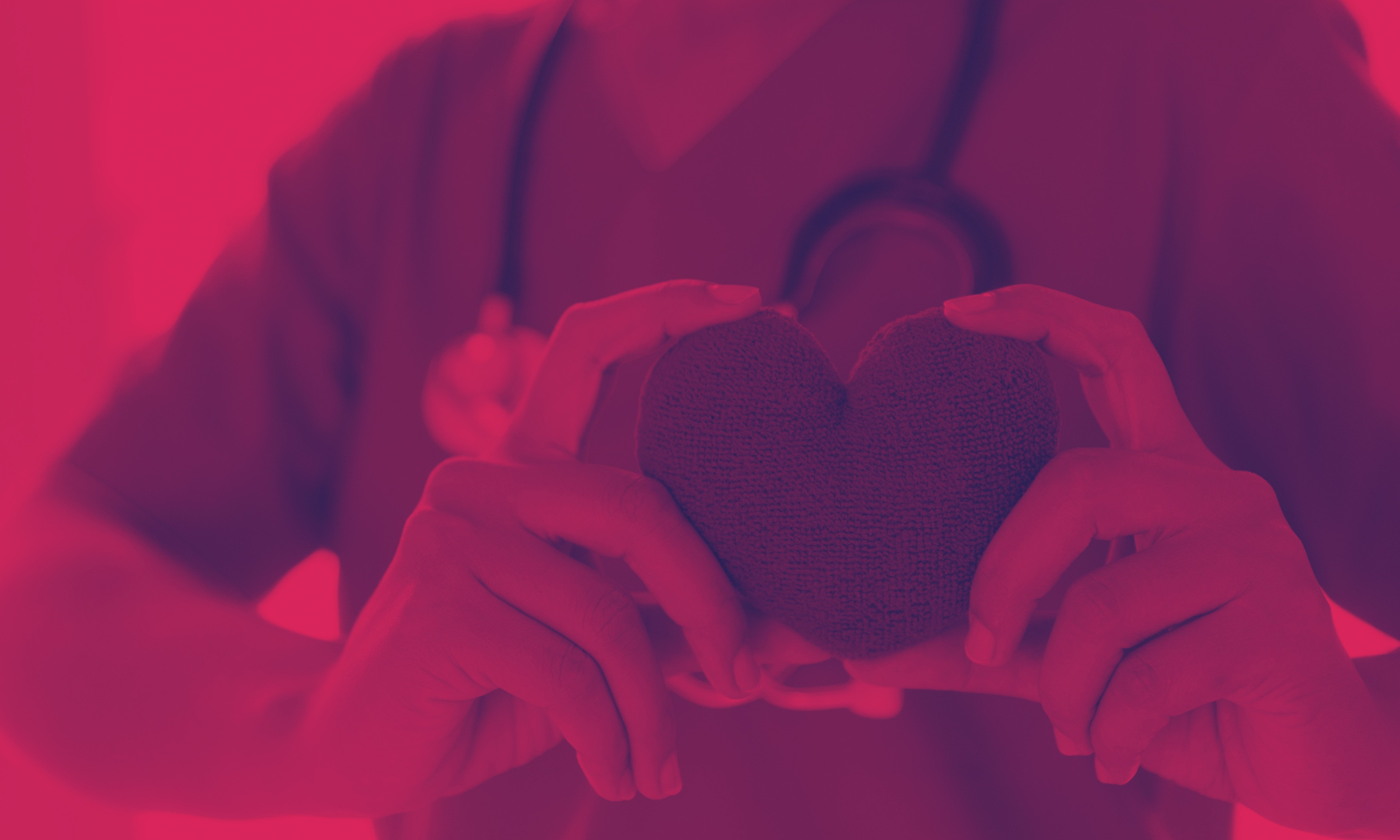What is a Cath Lab?
Let’s start by addressing what exactly Cath Lab means. Cardiac Catheterization Laboratory, or Cath Lab for short, is a healthcare area where doctors and other healthcare professionals perform minimally invasive tests and advanced cardiac procedures to diagnose and treat cardiovascular disease.
A cardiac catheterization procedure involves threading a long, thin tube, called a catheter, through an artery or vein in the leg or arm and into the heart. Cardiac catheterization can be performed due to emergencies like a heart attack. Other times, a cardiac catheterization (also known as an angiogram) is performed as a diagnostic tool to check for blockages for suspected coronary artery diseases.
What does a Cath Lab nurse do?
Cath Lab nurses work with doctors to provide patients with cardiac care before, during, and after operations. First, they’ll examine patients to ensure they are in good condition for the procedure. During the process, they monitor patients’ vitals. Lastly, following surgery, Cath Lab nurses assist patients through recovery. They may also provide care expertise after the patient has fully recovered.
Duties of a Cath Lab professional
- Handling paperwork such as consent forms and filing documents with patient records.
- Preparing for operations, like sterilizing the space and shaving the patient at the catheter insertion site.
- Monitoring patient vitals and sedation during and after operations.
- Sharing discharge paperwork and care instructions with patients and/or family members.
- Revising patient charts.
What’s the difference between a Cath Lab RN and a Cath Lab Tech?
Although Cath Lab nurses and technicians work together during every cardiac catheterization, there are differences in their roles. Nurses handle more of the direct patient care, while the technician is responsible for more of the processes and equipment used in the surgery. They also do not provide medication to patients as an RN does.
Education and Required Skills
Education and certification requirements vary by hospital, but most facilities require an associate’s degree (ADN) or a bachelor’s degree in nursing (BSN). Upon degree completion, candidates must pass the National Council Licensure Examination (NCLEX-RN) exam from the National Council of State Boards of Nursing (NCSBN). Once they pass, nurses can officially become registered nurses (RN) in their state. Depending on the location, cath lab nurses might need to complete specific continuing education units to maintain their licensure.
Obtaining the Registered Cardiovascular Invasive Specialist credential can help a cath lab technician qualify for more opportunities, especially in a competitive market. To sit for the RCIS exam, candidates must meet the minimum education requirements established by Cardiovascular Credentialing International and submit additional supporting documentation, including:
- Educational transcripts
- Clinical verification letters
- Employment verification letters
Basic Life Support (BLS) and Advanced Cardiac Life Support (ACLS) are also beneficial certifications.
Besides having the proper education and certifications, Cath Lab professionals should have the following:
- Attention to detail
- Strong organizational skills
- Strong communication skills
- Physical endurance
- Mental and emotional resilience
Where do Cath Lab travelers work?
The U.S. Bureau of Labor Statistics (BLS) also reports that the demand for Cath Lab nurses will increase by 7% from 2019 to 2029, meaning they have abundant opportunities in many places. However, according to Indeed, the top cities for Cath Lab professionals are:
- Los Angeles, CA
- Chicago, IL
- Atlanta, GA
- Columbia, MO
- Phoenix, AZ
Benefits and things to consider
The national average salary for Cath Lab nurses is $121,364 per year, depending on experience. That’s a big check in the pro column. However, working in this area is a physically taxing position as well as an emotional one. When becoming a traveler, these are big things to consider since healthcare travelers are expected to hit the ground running and adapt quickly to new facilities and teams.
How Magnet can help
Does a healthcare traveling career in Cardiac Catheterization send your heart into a flutter? Magnet is here to ensure the staffing process goes smoothly so you can focus on providing exceptional care. We provide 24/7/365 service to our travelers to guarantee your needs are met.
Contact a recruiter today, and let’s get you on your way toward professional and personal excellence.




